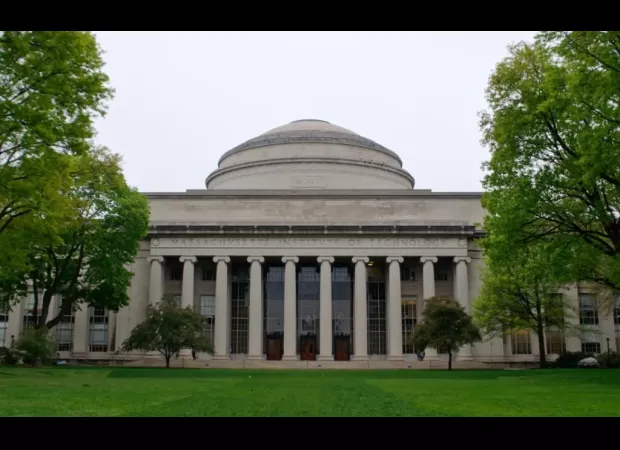MIT removes DEI hiring requirements, claiming their inefficiency.
MIT previously asked for a statement showing understanding of diversity, equity, and inclusion issues from applicants.

The Massachusetts Institute of Technology, known for its esteemed reputation and groundbreaking research, has recently made a significant decision regarding their faculty hiring process. In a statement released by a spokesperson for the college, it was announced that MIT will no longer be requiring diversity, equity, and inclusion (DEI) statements from applicants for faculty positions.
This decision was made with the full support of the college's leadership, including President Sally Kornbluth, the Provost, Chancellor, Vice President for Equity and Inclusion, and all six academic deans. Kornbluth, who is dedicated to tapping into the full potential of human talent and ensuring the success of all faculty members, believes that there are other effective ways to promote inclusivity within the institution.
"We can create an inclusive environment in many ways, but mandatory statements restrict freedom of expression and are not effective," Kornbluth stated, emphasizing the importance of allowing individuals to express their views without fear of judgement.
This change comes amidst a growing debate surrounding DEI statements and their role in the hiring process. While advocates for free speech and academic freedom have been opposed to these statements for years, the conversation has gained more attention since the Supreme Court's decision to overturn affirmative action in 2023. Many conservatives argue that these statements are biased and serve as a "ideological viewpoint test" for potential hires.
However, it's worth noting that several top universities in the country still require DEI statements from applicants. Prior to this change, MIT asked applicants to submit a statement showcasing their understanding of diversity challenges and their track record of working with diverse groups. They were also expected to share their plans for promoting DEI in their role at the institution.
A survey conducted by The Foundation for Individual Rights and Expression, a freedom of speech advocacy group, revealed that a "significant portion" of MIT faculty and students feel afraid to express their views in academic settings. This sentiment is echoed by educators at other prestigious universities, such as Harvard, where Professor Randall L. Kennedy has called for the abandonment of mandatory DEI statements.
In a column for the Harvard Crimson, Kennedy, who identifies as a scholar on the left committed to social justice, expressed his discomfort with the pressure that these statements place on faculty and staff to conform to certain political ideologies. "The practice of demanding them ought to be abandoned, both at Harvard and beyond," he wrote.
However, there are those who believe that these statements serve an important purpose in ensuring that faculty members are able to connect with and support the diverse student body at MIT. As reported by The Hill, some argue that these statements are necessary to guarantee that all students feel included and represented within the institution.
Kornbluth, who has been closely watched since her testimony before Congress in 2023 about anti-Semitism on college campuses, has been the subject of much scrutiny. Along with former presidents of Harvard and the University of Pennsylvania, she was the only one who remained in her position after the hearing.
In conclusion, MIT's decision to no longer require DEI statements in their faculty hiring process has sparked a larger conversation about the role of these statements in academia. While some believe they are necessary for fostering inclusivity, others argue that they impede on freedom of expression. Only time will tell how this change will impact the diversity and inclusivity efforts at MIT and other institutions.






